Text and photos by Bryan Thomas.
God gave man coal and he made a home.
The man laid tracks. He built buildings. His family grew.
The man honored the Lord and, when someone asked him where he had made his home, he looked toward the heavens and, in light of the Lord’s bounty, he gave his home a name.
The name didn’t honor his president or a town from where his father had traveled. It was a name that symbolized everything that had led him here rather than elsewhere; everything that had been in his belly, his heart, and his hands. It was responsible for the walls around him, his family at the table, and his friends down the road. It was dark and, when it rubbed against his hands, only his fingerprints were visible. After a day’s work, he’d wash his hands, but not before this little rock’s imprint had left soft, black marks across the counters of his home. Fitting, he thought, because this rock that he’d carved out of this thin sliver of land, had subtly made as large an impact on his own home as he had upon the land from which it came.
This town’s name was Carbondale.
As there was once plenty, there was now naught. The coal dried up, the mines closed, those fingerprints that were once so striking as they peered from under and out of those dark hands were harder and harder to see. The marks, eventually covered; left in walls painted over or burnt down.
Several decades after the closing of coal minds in Carbondale, Ohio, a town hemmed in by the Zaleski State Forrest, there is no longer a railway going through town, past the post office and general store, headed to deposit the toil of those who lived there. At the beginning of winter, and walking down Mine Road, that loss is palpable. It’s in the air, in the first story that someone shares with you being their saddest, and in the dusty scrapbooks, pulled down from the walls, filled with pictures of school children with no names but only dates. Where man once identified himself and where he lived by plenty; he now identifies himself with that which he doesn’t have. As one person from Carbondale once told me, “If I don’t feel sorry for you, I’m not going to like you.” We are what we are, but we are also what we aren’t.
Now, as the generation that knew Carbondale as a coal town slowly fades away, those who have made their home here have come because of a memory of what it once was or the absence of memory that it’ll soon become. It’s the family moving here from South Carolina to rekindle the image they had of the area as a child, running barefoot through the streets and in the woods. And, it’s also the family moving here to just be left alone; to watch as Carbondale’s name disappears from a map as if it were written in invisible ink.
With no memory of the coal mines that made this town grow, a new generation is attempting to find their foothold, and is doing so with difficulty. In a town where almost one third of all individuals are below the poverty level, where the median age is 26 (10 years younger than the national average), and the percentage of those who have attended college hovers at 7% (almost a third of the national average), the youth of Carbondale struggle to create a vision of their future as well as how to spend their present; boredom and, in turn, the dual threats of idle crime and drugs are ever-present. And, with many parents unemployed, disabled after working years of physical labor, or having struggled with drug addictions of their own, parents own problems often become the problems of this generation too; even as you discover parents more resilient and loving than almost anywhere.
As one generation made their impact on Carbondale and Carbondale upon them, another now attempts to grow up in Carbondale, find their place in it, and find themselves.
My essay “The Things We Did While You Were Gone,” a portion of which I’ve submitted, is an essay about this generation. It is an attempt to examine and document how identity is formed in the face of loss; and how, ultimately, we are shaped by what is no longer there as much as we are shaped by what is ever-present.
What happens to the unseen? How does the intangible shape our memories and our identity? And how do we translate these themes to photography? In a place like Carbondale, whose absence of historical significance and relevance has been so thoroughly erased, what does it look and feel like to grow up in a place that lacks in the present and physical as well as, the archival and psychological? How can youth see the future if there are only relics of the past to build upon? While the most reductive reading of photojournalism is built around the idea of transferring a dramatic image seen by one to another, I’m interested in how photography is able to capture the unseen, the ambiguous, half-moments, and passing emotions.
With time, I’ve realized that this essay represents the way in which I see the world. A world that’s not created by grand leaders and dramatic action, but one built and shared by real people living, and sometimes struggling, with and amongst empty space; building layer upon layer of life even if as those layers that they have built upon quickly become hollow. Ultimately, this is a work-in-progress, so I am still exploring my own emotions concerning Carbondale and the families whom I’ve become close to there. For the six months that I spent in Carbondale, I often felt as if I’d fallen into a rabbit hole – probably accentuated by the fact that Carbondale is fitted into a small holler surrounded by state forest. In this secluded hamlet, I often saw so much that was different with my own upbringing, but so much that was the same. And, of course, I saw and felt so much that I still have yet to understand; brief glances into issues and emotions that are sometimes unknowable to ourselves, but briefly visible to our cameras. Which, of course, is why I’ll continue to return.
Please visit Bryan Thomas website for more photographs and stories.

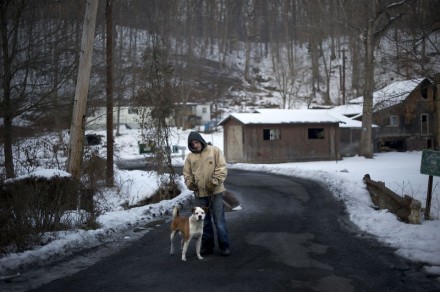
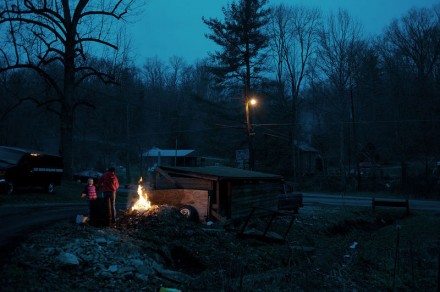
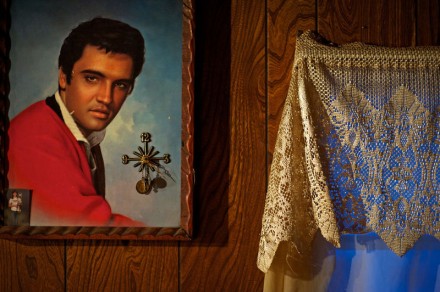
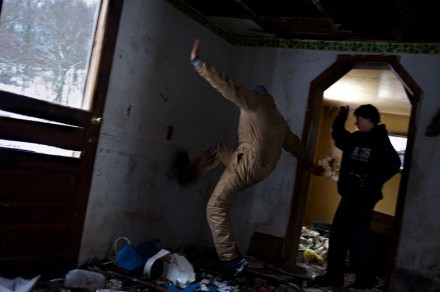
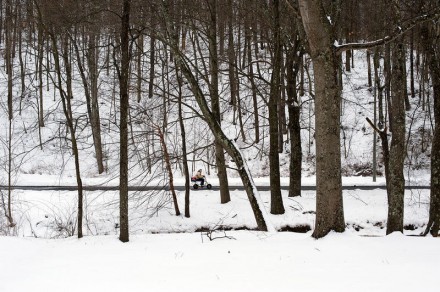
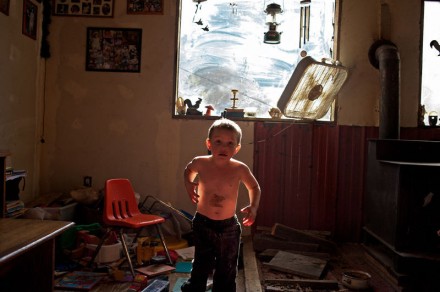
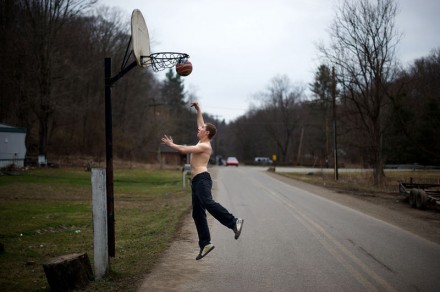

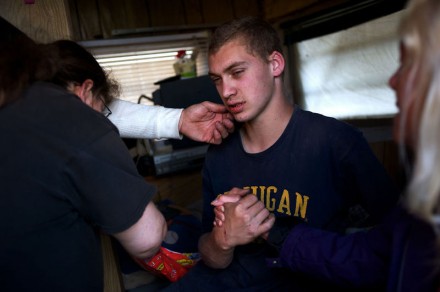
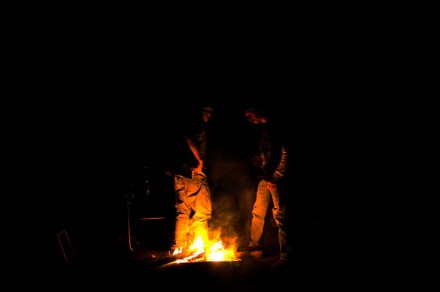
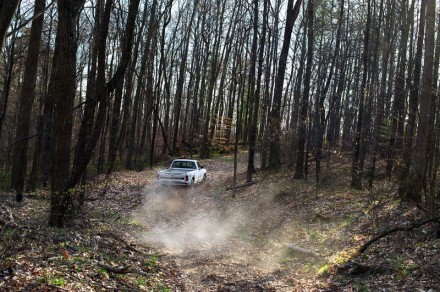
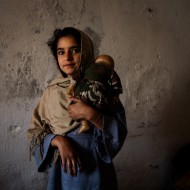



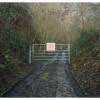



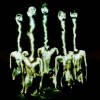








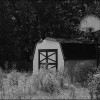

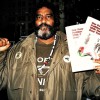






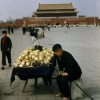







Interesting, both the pictures and the story.
robert
You can also subscribe to this post comments RSS feed.